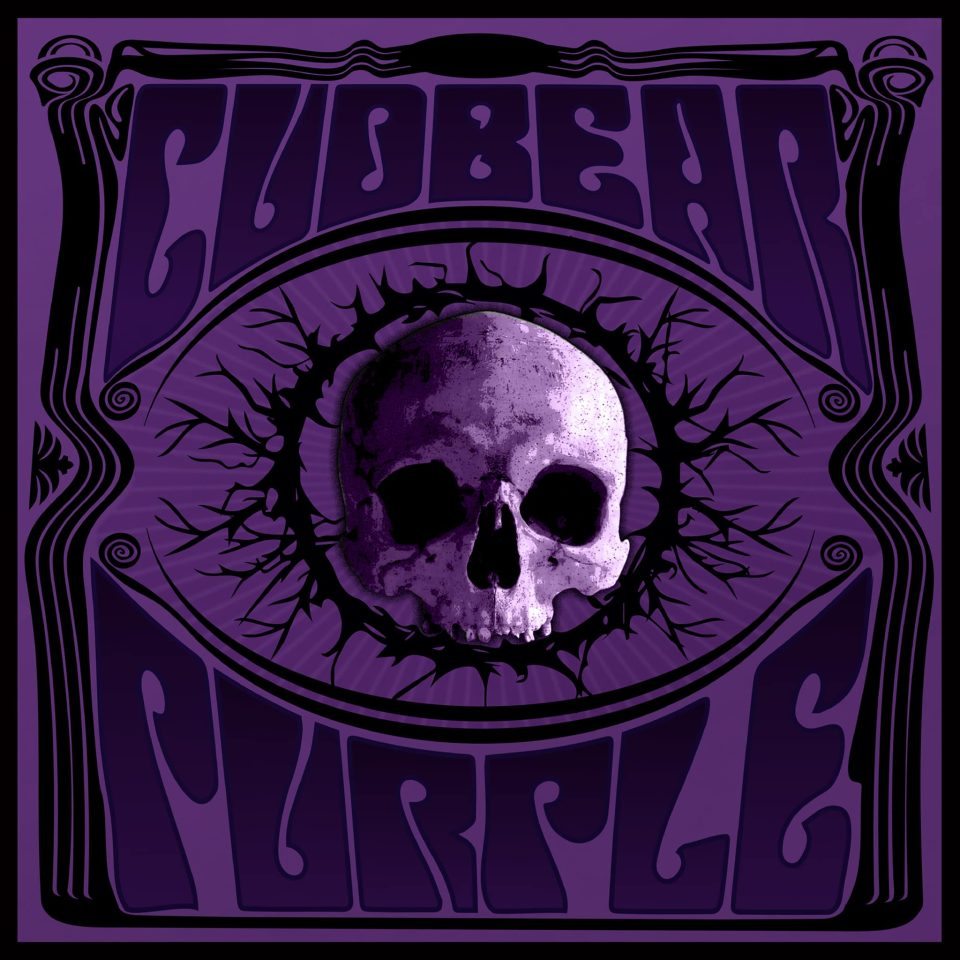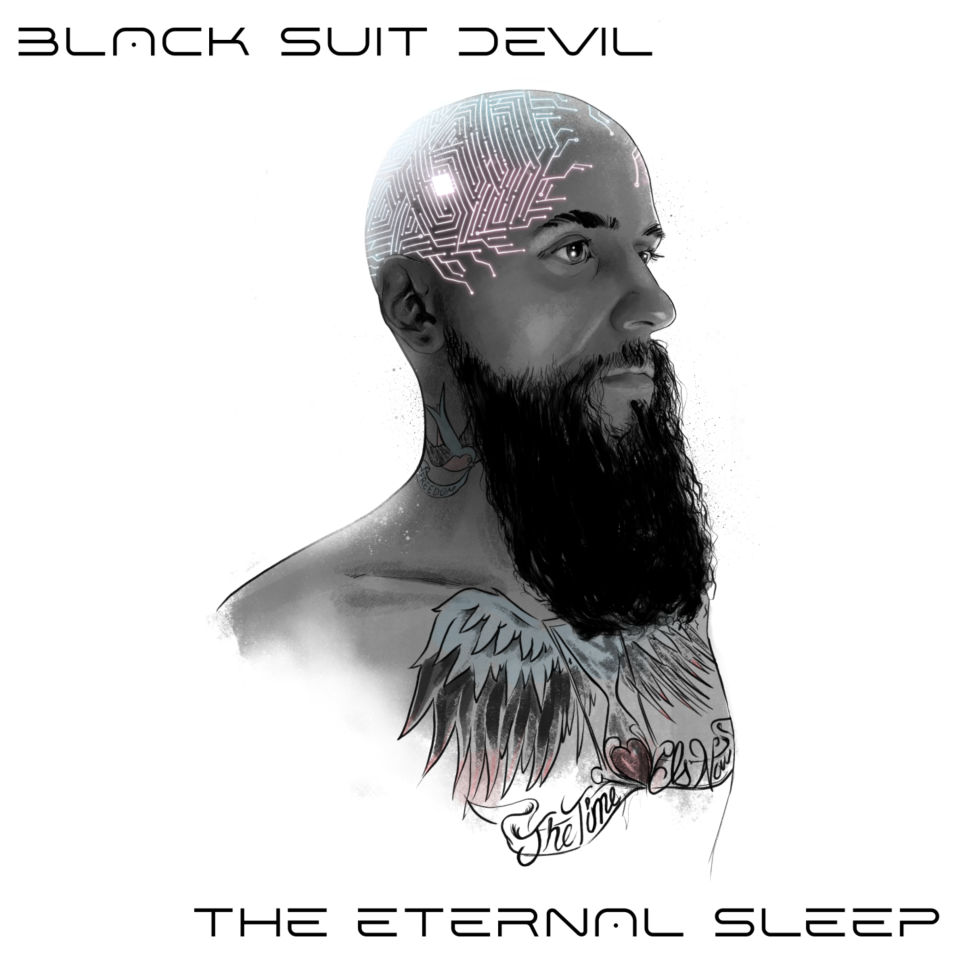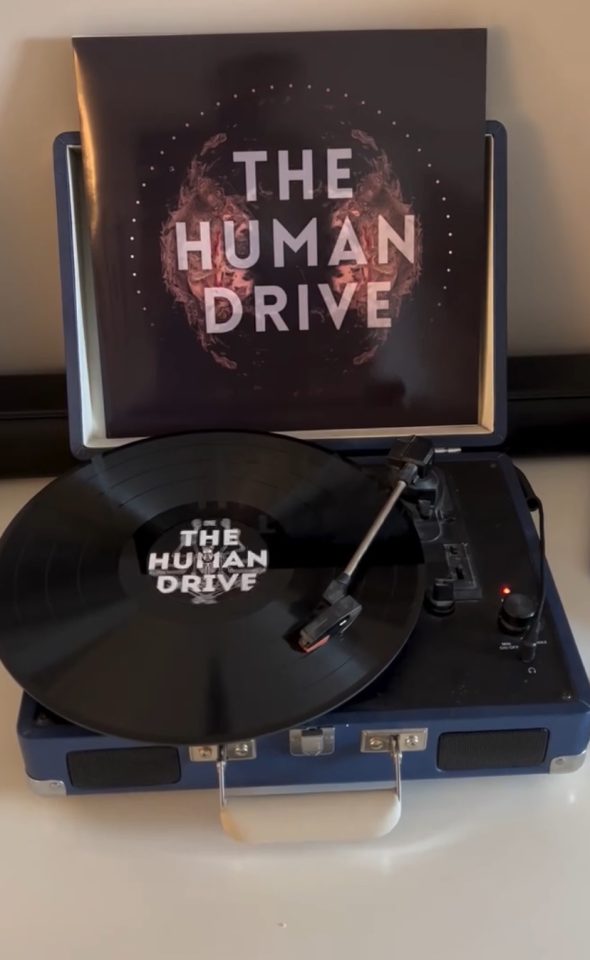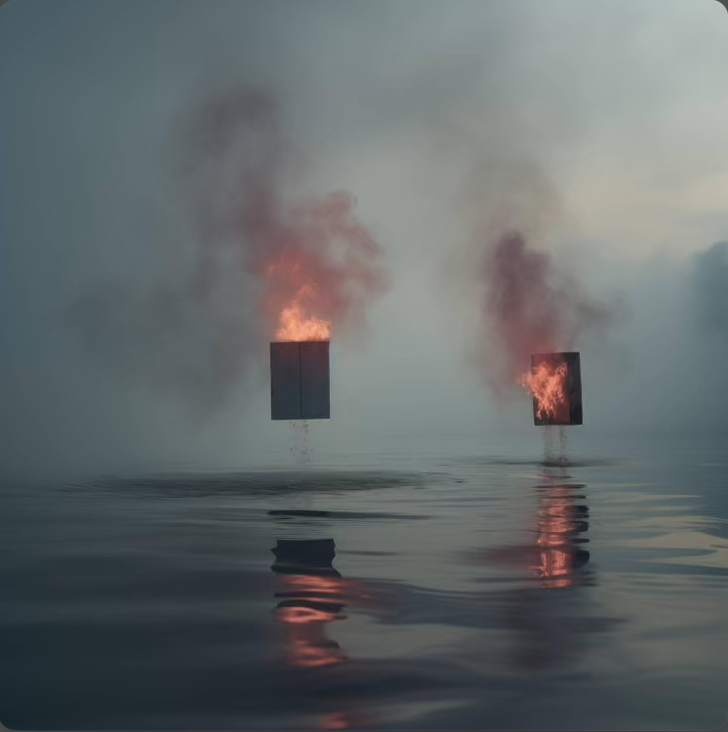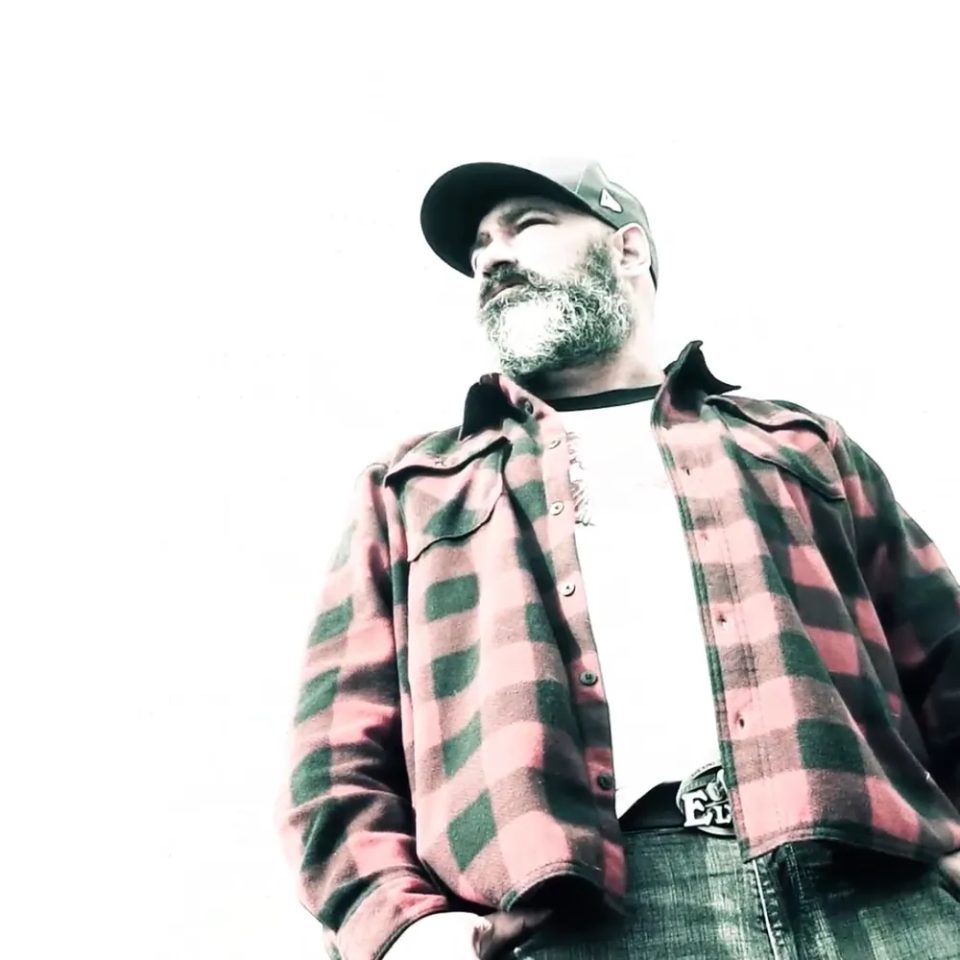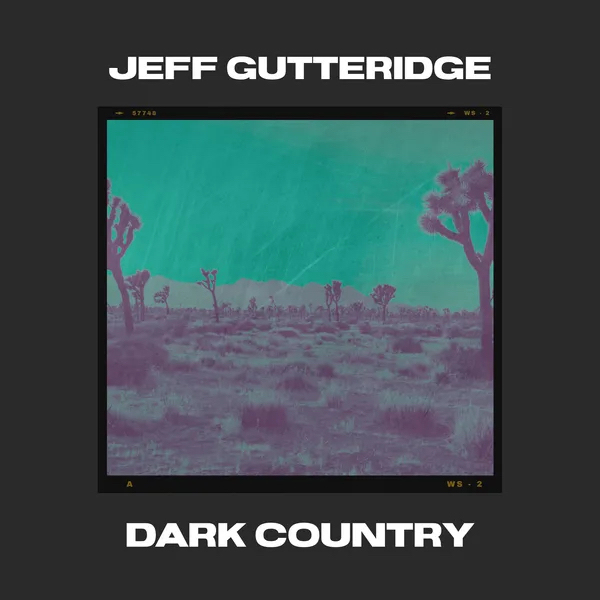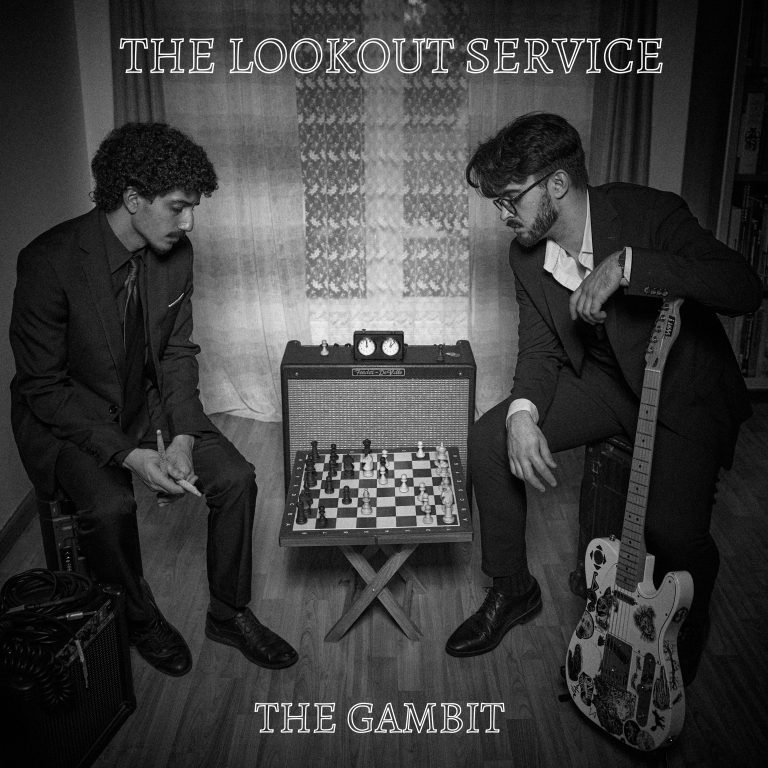Ever wonder what it’s like to juggle making music, running a band, and handling all the behind-the-scenes business?
The Indie Distributor catches up with Nicky Markin from Midnite Gossip to talk about just that. She takes us through the band’s journey, from figuring out music production to crafting a killer live show. Along the way, we dive into the ups and downs of being an indie artist, the power of networking, and why treating your music like a business can make all the difference.
The Indie Distributor: Thanks for joining! We’re here with Nicky Markin from the amazing Midnite Gossip. Thanks for taking the time to chat. We’ll touch on your creative endeavours and some of the entrepreneurial projects you’ve been working on. To start, can you give us some background on your origin story with Midnite Gossip and how things came together leading up to 2022?
Nicky Markin: Midnite Gossip started in 2022, but before that, I was a singer-songwriter and independent artist with a solo project for many years. I’ve played guitar since I was a kid—I picked up my mom’s old classical guitar when I was about 13 or 14 and taught myself to play. Around 2019, I decided to take music seriously, started vocal lessons for the first time, and immersed myself in building a music community.
I was also in my master’s program at the time, doing dance and other training, and realized I’d never actually taken vocal lessons. That was a game-changer because it connected me with other singers and artists. Then the pandemic hit, which changed things for everyone, but I didn’t let it slow me down. I started engaging in online communities, attending virtual open mics, and working on production.
During this period, I realized I wanted to make uplifting music—songs that would make people dance and feel good. That’s what led me into production and electronic music. I made a bunch of demos that would later become Midnite Gossip’s songs. In 2022, my bandmate Mickey and I reconnected after knowing each other since the MySpace days. Once we started talking again, we realized we had the same vision for a music project, and things have been great ever since.
The Indie Distributor: That’s amazing! Do you and Mickey share similar influences?
Nicky Markin: Absolutely. We grew up in the Big Shiny Tunes and MuchMusic era, and that really shaped our sound. The 90s had such a diverse mix of genres—bands like Incubus, Nine Inch Nails, and Massive Attack all influenced us. That’s why we landed on calling our music “cinematic alt-pop” because it’s a blend of so many things. When we play live, we take the audience on a journey through different sounds, which might seem eclectic individually but work cohesively in a set.
The Indie Distributor: What does your creative process look like?
Nicky Markin: I usually start with lyrics and map out a rough demo in Logic. Then I pass it to Mickey, who works his magic with production. We go back and forth refining the song. He’s incredibly skilled at composing and producing, so it’s a collaborative process where we keep building on each other’s ideas. It’s a fun challenge to let go of my original version and let him reinterpret it. It’s like a tennis match of creativity.
The Indie Distributor: That’s really cool. You’re producing and mixing everything yourself?
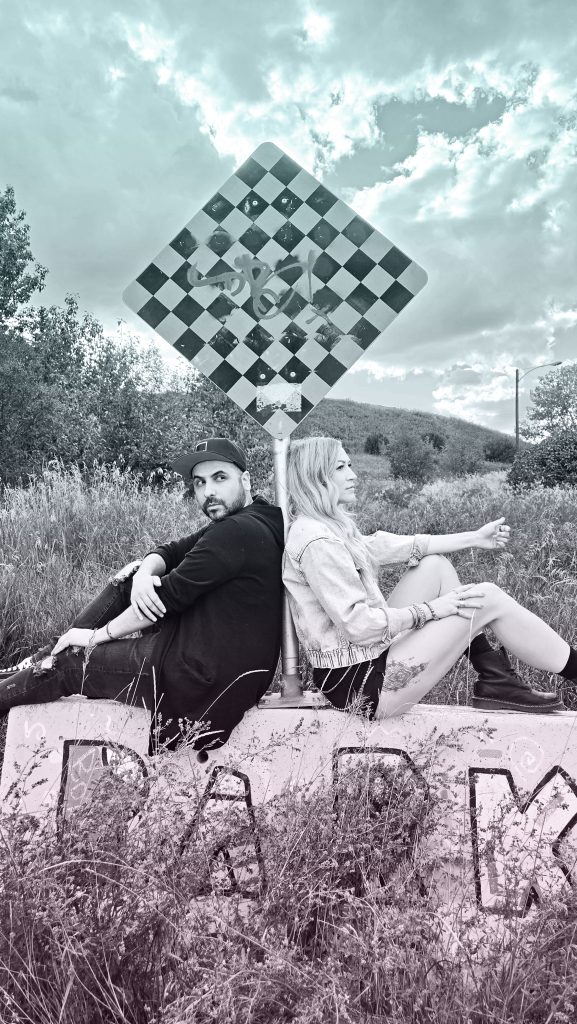
Nicky Markin: Yes, we record all our vocals and production in-house. We do most of the mixing, then pass it off to someone else for final mixing and mastering.
The Indie Distributor: How do you translate that studio work into live performance?
Nicky Markin: We use backing tracks for our live shows, which comes with its own challenges, but it allows us to bring the full production to life. Our live versions often have extended bridges or intros, so we create different mixes for the stage. Mickey plays an acoustic drum kit live, and when we have access to screens, we incorporate custom visuals that he creates as a visual artist.
The Indie Distributor: You were nominated for the California Music and Video Awards—how did that happen?
Nicky Markin: We submitted our video and were thrilled to be nominated for three awards: the 8th Annual California Music Video & Film Awards for: Best of Canada Music Video, Coolest Video Effects, and The Chip E. Best EDM/Dance Music Video Award. More recently, we were also nominated for Best Performance Video at the Simi Music Video Awards in California. It was amazing to see our DIY project get international recognition. Mickey directed and edited the video, and we shot it ourselves in my living room on the hottest day in June!
The Indie Distributor: What advice do you have for indie artists looking to create professional music videos on a budget?
Nicky Markin: Having a solid concept is key. If you can’t edit or shoot yourself, invest in hiring someone. Even if you’re DIY, using good lighting and planning your shots makes a huge difference. And remember, a lot can be done in post-production.
The Indie Distributor: Shifting gears to the business side, can you talk about your EPK (Electronic Press Kit) initiative?
Nicky Markin: Sure! I have an MBA in Entrepreneurial Management, and after graduation, I wanted to use it to help indie artists. That’s how The Indie MBA started. I realized one of the biggest struggles artists face is creating an effective EPK. So I developed the EPK Blueprint—a resource that includes templates, guides, and checklists to help artists get booked, get paid, and get known. It includes the EPK checklist, a bio-writing and press release guide and templates, two customizable one-sheet templates and a branding guide and brand board template.
The Indie Distributor: It really is a fantastic resource. Where can people find it?
Nicky Markin: It’s available on my Instagram (@theindiemba) through the link in my bio.
The Indie Distributor: Any final advice for indie artists struggling with the business side of music?
Nicky Markin: If you don’t want to do the business side, that’s okay—just make music. But if you want to get booked and paid, you have to treat it like a business. It’s a mindset shift. Your music is a product, and you have to let go and let it find its audience. Also, networking is huge—it’s not just what you know, it’s who you know. Opportunities often come from connections, not just streams or social media numbers.
The Indie Distributor: That’s great insight. What’s next for Midnite Gossip?
Nicky Markin: We have a show on March 3, then we’re heading to Ontario for the taping of our appearance on CMCTV Talent Season 3 that will air later this fall. Midnite Gossip was selected as one of 32 artists to perform on CMCTV Talent Season 3, a nationally televised series showcasing Canada’s top independent musicians on CityTV and CMCanadaTV. We also have a show on March 29, opening for Cold Fame. We’re working on new EPs, remixes, and collaborations. It’s an exciting time!
The Indie Distributor: That’s amazing! Thanks so much for sharing your journey and insights, Nicky. Looking forward to seeing what’s next for Midnite Gossip!
Nicky Markin: Thank you! I appreciate it!


